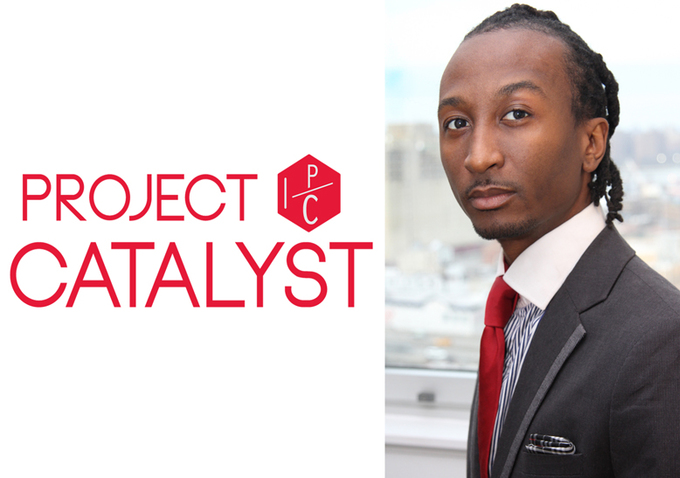The Cinema Research Institute is pleased to announce that applications are now open for the 2015 CRI Research & Development Fellowship!
In 2015, the Cinema Research Institute will award up to 3 research & development fellowships to individuals or teams interested in the conception, development and execution of new models and tools of film finance, marketing, and distribution. CRI Fellows will use their creative, strategic, and research skills, both individually and collectively, to address the challenges and seize the opportunities of the ever-changing film industry.
All interested individuals and teams are welcome to apply for the CRI Fellowship. Applicants may 1) propose research to examine independent film finance, marketing, and distribution models on a national and/or global scale for film, television, and other media; 2) develop an innovative idea to address a specific problem; or 3) demonstrate a proof of concept. Applicants may also submit a proposal to further work on existing CRI research projects.
Regardless of the developmental stage of the idea, appropriate candidates are academically and creatively accomplished individuals from a wide variety of disciplines. Successful applicants will receive up to $25,000 for their yearlong Fellowship (January – December 2014), during which time they will be introduced to industry mentors, have the opportunity to test their hypotheses and propose solutions, engage with academic and industry advisors, and publish their findings through the Cinema Research Institute .
Each CRI Fellow will be required to attend monthly advisor meetings, contribute to the Cinema Research Institute Blog, submit quarterly reports, publish a white paper on his or her research to the Cinema Research Institute Journal, host an individual symposium on his or her research topic, and participate in an annual CRI conference. Applicants are encouraged to review existing projects on the CRI website.
There are three rounds of application review for the CRI Fellowship.
Round 1 – Applicants submit:
- A CV or resume.
- A proposal describing the research topic, methodology and any testing opportunities (1-2 pages.)
The deadline for submitting an initial proposal is the end of day on June 2, 2014. Proposals should be emailed to miranda.sherman@nyu.edu. Applicants will be notified of their status by July 7, 2014.
Round 2 – Semi-finalists provide:
- A personal statement of purpose (1-2 pages).
- A detailed proposal (5-10 pages).
Deadline: end of day on August 4, 2014.
Round 3: Finalists participate in an interview with the CRI Advisory Board.




